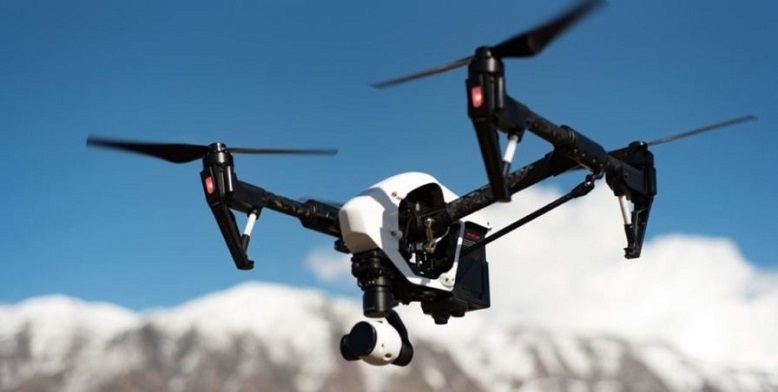
The Federal Trade Commission (FTC) is set to meet October 13, 2016 in an effort to explore concerns about the potential impact to privacy that could result from the use of drones. The meeting will feature representatives from the Electronic Privacy Information Center, the University of Washington, Ohio State University, Drone Manufacturers, and many others. This is likely to be the first of many discussions as the Federal Aviation Administration (FAA) expects to issue over 2 million commercial drone permits by the year 2020.[1] Companies would be wise to be proactive and get ahead of the concerns around privacy to stave off future potential problems.
The FAA has already issued commercial drone permits so companies are now poised to take advantage of the technology but will also be exposed to the privacy concerns that comes along with it. Insurance companies and Industrial Inspection companies will likely be responsible for the majority of the commercial drone permit requests because they stand to readily benefit from the advantages of the technology. For example, an insurance company could use drones to fly over and assess damage to an area struck by a hurricane or tornado and Industrial companies can use drones to survey mines or construction sites.
The expected increase in the use of drones raises concerns about data collection and privacy. Since a video recording device can easily be attached to these drones, the public is concerned with who is recording and what data is being collected as the drones fly over private property including homes.[2]
Companies who wish to be proactive will want to stay ahead of the risk that they may compromise a person or an entity’s privacy and be subjected to the legal repercussions. They should consider who they are hiring to operate these drones; how the information is being recorded, transmitted, and stored; and whether the information can be compromised/hacked. For example, they would need to consider physical and logical access to the data, encryption methodologies, and the security practices in general of the individuals or entities entrusted with their drone initiative.
The FTC discussion is likely to be the beginning of many such discussions. The commercial use of drones can be very beneficial but concerns over privacy are increasing due to the ease of attaching recording devices to drones. It is important for companies to be proactive in assessing and addressing the risks associated with collecting data via drones so they can be addressed before they become a problem.
[1] “The Future of Commercial Drone Use.” The Insurance Journal, March 29, 2016, available at: http://www.insurancejournal.com/news/national/2016/03/29/403149.htm Accessed September 21, 2016.
[2] EPIC v. FAA, No. 16-1297 (D.C. Cir. Aug. 22, 2016) available at https://epic.org/privacy/litigation/apa/faa/drones/EPIC-Petition-08222016.pdf where EPIC is suing the FAA to require drone operators to provide information to individuals about who is recording and what is being recorded.